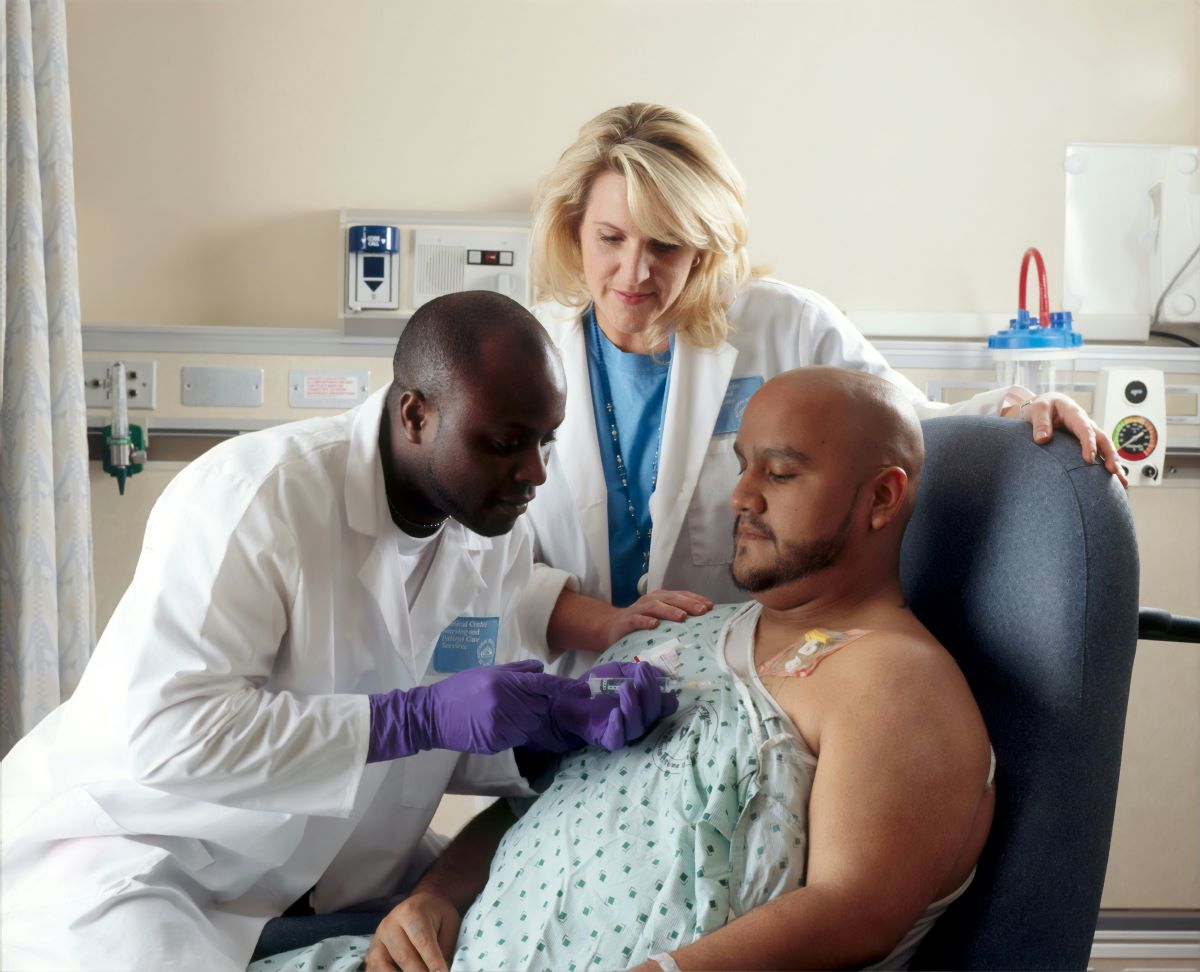In the rapidly evolving landscape of healthcare, nurses stand as frontline warriors, providing compassionate care and expertise to patients worldwide. As we step into a new decade, the role of nurses is poised to undergo significant transformation, driven by advancements in technology, changes in healthcare delivery models, and shifting patient demographics. To thrive in this dynamic environment, nurses must equip themselves with a diverse set of skills that go beyond traditional clinical expertise. In this article, we'll explore six essential skills that nurses will need over the next decade to navigate and excel in their profession.
1. Adaptability in Technology Integration
In the coming years, technology will continue to revolutionize healthcare delivery, reshaping the landscape in which nurses operate. From electronic health records (EHR) to telemedicine platforms and artificial intelligence (AI) applications, nurses must be adept at navigating and utilizing these tools effectively. Moreover, as new technologies emerge, nurses will need to quickly adapt to incorporate them into their practice, enhancing efficiency and improving patient outcomes.
Nurses of the future will need not only to understand how to use these technologies but also to critically evaluate their impact on patient care. They must possess the agility to embrace change and the willingness to continuously update their skills to remain relevant in an increasingly digital healthcare environment. By fostering a culture of lifelong learning and embracing technology as an enabler rather than a barrier, nurses can harness its full potential to deliver high-quality, patient-centered care.
2. Cultural Competency and Diversity Awareness
As societies become more diverse, nurses must possess cultural competency skills to deliver culturally sensitive care to patients from various backgrounds. Cultural competence goes beyond language proficiency; it encompasses understanding patients' beliefs, values, and practices, and how these factors influence their healthcare decisions.
In the next decade, nurses will encounter increasingly diverse patient populations, requiring them to navigate complex cultural dynamics with sensitivity and respect. By developing cultural competence, nurses can build trust with patients, improve communication, and deliver personalized care that acknowledges and respects individual differences. Embracing diversity not only enhances the patient experience but also fosters a more inclusive healthcare environment where every individual feels valued and understood.
3. Leadership and Collaboration
In the evolving landscape of healthcare, nurses will play a pivotal role in leading and collaborating within interdisciplinary teams to deliver holistic care. As care delivery models shift towards team-based approaches, nurses must cultivate leadership skills to effectively coordinate care, advocate for patients, and drive quality improvement initiatives.
Leadership in nursing goes beyond traditional hierarchical structures; it involves empowering frontline staff, fostering a culture of collaboration, and promoting innovation to address complex healthcare challenges. By embracing leadership roles, nurses can drive positive change within their organizations, improve patient outcomes, and shape the future of healthcare delivery.
4. Critical Thinking and Problem-Solving
In an era of rapid change and complexity, nurses must be proficient in critical thinking and problem-solving to navigate clinical uncertainties and deliver safe, evidence-based care. From triaging patients in emergency departments to managing complex chronic conditions, nurses encounter diverse challenges that require sound clinical judgment and quick decision-making.
By honing their critical thinking skills, nurses can effectively analyze situations, identify potential risks, and implement timely interventions to optimize patient outcomes. Moreover, by fostering a culture of continuous quality improvement, nurses can leverage data and evidence to drive innovation and enhance the overall quality of care delivery.
5. Emotional Intelligence and Resilience
Nursing is inherently an emotionally demanding profession, requiring nurses to navigate complex patient interactions, cope with stress, and maintain resilience in the face of adversity. In the next decade, as healthcare systems face unprecedented challenges, nurses must prioritize their emotional well-being and cultivate resilience to sustain their passion for caregiving.
Emotional intelligence, characterized by self-awareness, empathy, and effective communication, is essential for building therapeutic relationships with patients and colleagues alike. By practicing self-care techniques, seeking support when needed, and fostering a supportive work environment, nurses can nurture their emotional resilience and thrive in their roles amidst the demands of healthcare delivery.
6. Adaptation to Regulatory and Policy Changes
The healthcare landscape is subject to constant regulatory and policy changes that impact nursing practice and patient care delivery. Nurses must stay informed about evolving regulations, standards of practice, and healthcare policies to ensure compliance and promote patient safety.
By actively engaging in professional development opportunities, participating in policy discussions, and advocating for nursing interests, nurses can influence healthcare policy decisions and shape the future of their profession. Moreover, by collaborating with policymakers and healthcare stakeholders, nurses can drive initiatives that enhance the quality, accessibility, and affordability of healthcare for all.
Get Started in Nursing Today
In preparation for the challenges and opportunities that lie ahead, nurses must invest in their professional development and acquire the skills necessary to thrive in the evolving healthcare landscape. Health Tech Academy stands as a leading provider of accelerated healthcare bootcamp programs, including a Certified Nursing Assistant (CNA) bootcamp that equips aspiring nurses with the basic skills needed to enter and excel in the workforce. Discover how Health Tech Academy can empower you to embark on a rewarding career in nursing and make a meaningful difference in the lives of others.
As nurses embrace these essential skills and adapt to the evolving demands of healthcare, they will continue to serve as compassionate caregivers, advocates for patients, and champions of health equity in the years to come. Together, let us shape the future of nursing and advance the vision of a healthier, more equitable world for all.



